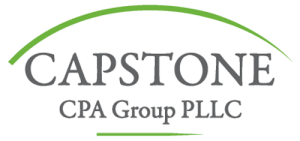Partnership tax return due
If you have a partnership tax return (also called a 1065 return) your partnership return tax is due today March 15th for a calendar year business. If you don’t know whether you are a calendar year business or not, then you are a calendar year filer, as non-calendar year filers are very rare.
Partnership returns are due for any partnership that had income of any amount in an annual period, or if you filed a partnership in a prior period, and you did not file a final return in a prior period.
As we already mentioned last week, failing to file a timely partnership tax return can be very costly. The penalty for late filing your partnership return is $205 for each month (or part of a month) late times the number of partners in the partnership with a maximum penalty period of 12 months. So, if you are a two owner partnership and file your return six months late the penalty for being late is $2,460! Quite a lot of money if you could avoid it, by simply filing on time or filing an extension. For more information about an extension please see our partnership extension post on our blog.
The IRS has more information about filing the partnership tax return form 1065 on their website www.IRS.gov. Also, if you believe you owe State taxes or local taxes (of any flavor) you can also do so online.
If you have been unfortunate enough to receive a thank you note from the IRS demanding a payment for filing your partnership tax return after the tax deadline, we can, under many circumstances ask for the penalty to be reduced or removed.
We help many other partnerships with filing partnership returns, partnership extensions and general tax compliance and advice. If you do not feel comfortable taking care of this filing, reach out to us at [email protected].
Anthony Momany, Managing Member, Capstone CPA Group PLLC
